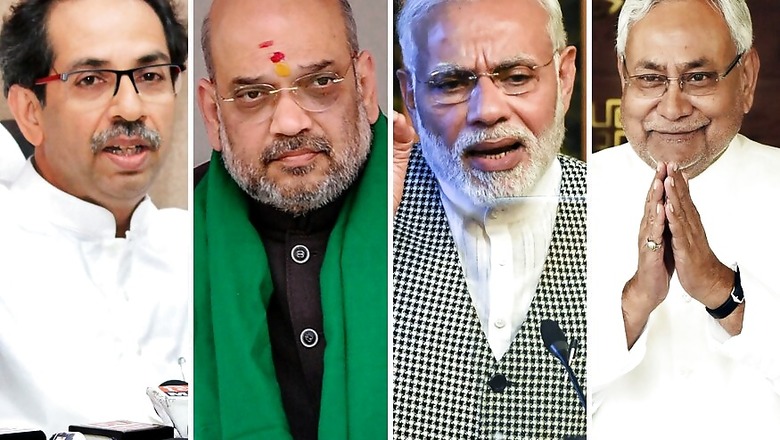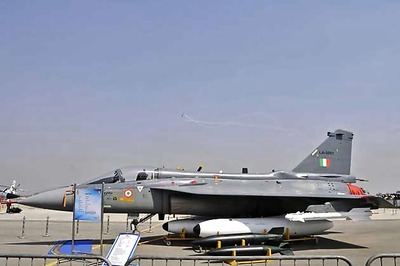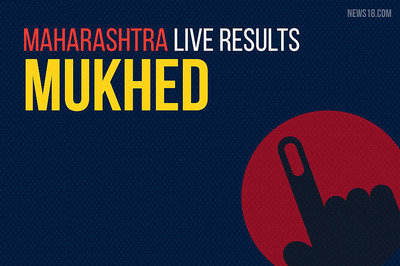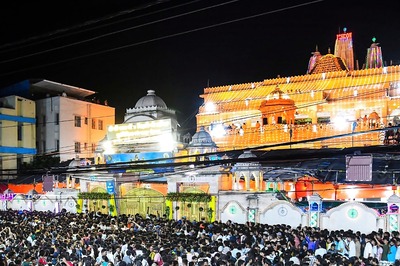
views
Both Shiv Sena supremo Uddhav Thackeray and Janata Dal (United) president Nitish Kumar are visibly uncomfortable in the NDA. Both see themselves as the victims of BJP’s aggressive expansionist moves to occupy their political space in Maharashtra and Bihar, respectively.
Interestingly, both the Sena and the JD(U) are sharing power with the BJP. One is a junior partner without a strong face in these states. The other is leading the government, but is unsure of how future ties would shape up after the next general elections.
Of the two, Shiv Sena has declared war against the BJP. The JD(U), on the other hand, is feeling uncomfortable after rejoining the NDA and is looking for realignment minus the saffron party.
Shiv Sena, the oldest BJP ally and once the big brother in Maharashtra under the stewardship of Bal Thackeray, was compelled to accept the role of junior partner after the BJP decided to severe ties, forcing Sena to contest the 2014 Assembly elections on its own strength. It emerged a poor No. 2 and agreed to join the BJP-led government.
In Bihar, Nitish Kumar joined forces with Lalu Prasad Yadav’s RJD and the Congress to defeat the BJP in 2015 Assembly elections. At the time of swearing-in, a Congress veteran prophetically quipped: “Lalu se raha nahi jayega, Nitish se saha nahi jayega aur Congress se kaha nahi jayega.”
Despite repeated skirmishes with the BJP, both Uddhav Thackeray and Nitish Kumar are still within the NDA fold. And they have only two options — fight with the BJP openly or surrender meekly before Prime Minister Narendra Modi and Amit Shah.
“Ghut ghut ke marna ya ladai karke shaheed hona ye unhe tay karna hai (They have to decide whether to go down fighting as martyrs or prefer slow death by remaining in power),” said a veteran political observer from Maharashtra.
In Punjab, the BJP could never make inroads to overwhelm Shiromani Akali Dal (SAD) to emerge as a stiff challenge to the senior alliance partner in the state. Interestingly, in the Punjab Assembly elections, the Congress and BJP seemed to have a common adversary in Arvind Kejriwal.
“AAP’s victory would have posed a threat to us (Congress and BJP) in the Gujarat, Chhattisgarh and Rajasthan Assembly elections,” admits a BJP strategist.
The same formula of ‘enemy’s enemy is a friend’ could be applied in Maharashtra as well where the BJP is the common target of the Congress, NCP, Shiv Sena and the MNS.
Shiv Sena’s saffron surge has always been different from the RSS definition of Hindutva. Its political doctrine has never been an impediment in its way of striking tactical understating with parties seen to be ideologically adversarial.
The Congress and NCP have been relatively comfortable with the Shiv Sena’s brand of Hindutva. The reason is simple. Sena checks the BJP’s electoral and ideological expansion. Besides these parties, MNS chief Raj Thackeray has already given a call of ‘Modi-mukt Bharat’.
So who would be the biggest gainer from the possible anti-BJP front in Maharashtra? Uddhav Thackeray has thus far not tested any waters. He seems to be unsure of the reaction it would invite from Sena’s core votebank.
BJP top brass has already sensed the threat coming from Maharashtra. According to Shiv Sena insiders, the party’s objective in 2019 general elections could be to dent and restrict the BJP’s tally to a dozen seats in Maharashtra.
Thackeray's remarks during the campaigning for Palghar Lok Sabha bypolls — appealing for the coming together of all parties, including the Congress and the Communists — was indicative of his efforts to chart out a route independent of the BJP. It also showed that the Sena supremo could go to any extent to spite the BJP as he feels the Modi-Shah duo have consistently humiliated his party.
NCP chief Sharad Pawar could work on this strategy as he has been comfortable with the Congress, Uddhav and Raj Thackeray.
For Nitish, the options are limited after burning bridges with the Congress and dumping the RJD unceremoniously. The problem with Nitish is that he has never come to power on his own in Bihar. The BJP is now realising that if it wants to have a larger footprint in Bihar, the JD(U) needs to be either marginalised or given a secondary position.
(The author is a senior journalist. Views are personal)


















Comments
0 comment